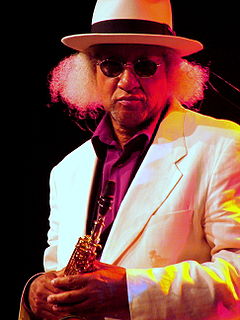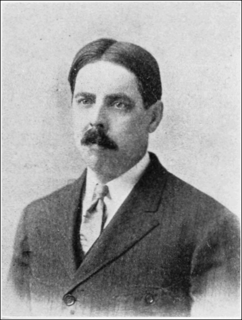A Quote by Edward de Bono
It is better to have enough ideas for some of them to be wrong, than to be always right by having no ideas at all.
Related Quotes
Taking ideas seriously does not fit with the rhetorical style of textbooks, which presents events so as to make them seem foreordained along a line of constant progress. Including ideas would make history contingent: things could go either way, and have on occasion. The 'right' people, armed with the 'right' ideas, have not always won. When they didn't, the authors would be in the embarrassing position of having to disapprove of an outcome in the past. Including ideas would introduce uncertainty. This is not textbook style.
I don't think my playing style has really changed over the years; it's just gotten better. I can hear the improvement in comparing older records and later records. I'm referring to soloing ability, to having a better sound, to knowing chords better, and getting rhythmically stronger. It also has to do with ideas - learning how to edit your ideas and being better able to follow ideas out to a logical conclusion.
There are more ideas on earth than intellectuals imagine. And these ideas are more active, stronger, more resistant, more passionate than "politicians" think. We have to be there at the birth of ideas, the bursting outward of their force: not in books expressing them, but in events manifesting this force, in struggles carried on around ideas, for or against them. Ideas do not rule the world. But it is because the world has ideas (and because it constantly produces them) that it is not passively ruled by those who are its leaders or those who would like to teach it, once and for all, what it must think.
Separate yourself from your ideas and your work and see them as something separate from yourself, you’ll feel you truly have the right to be wrong. If an idea fails, why not let it be the idea’s fault instead of your own? Allow your ideas to fail without turning them into personal defeat. When you fail you discover your boundaries. You map out the edges of your capabilities. And this allows you to eventually move beyond them. Being wrong eventually leads to being right. And even where it doesn’t, it’s still a more interesting path than being nothing.
The acts of the mind, wherein it exerts its power over simple ideas, are chiefly these three: 1. Combining several simple ideas into one compound one, and thus all complex ideas are made. 2. The second is bringing two ideas, whether simple or complex, together, and setting them by one another so as to take a view of them at once, without uniting them into one, by which it gets all its ideas of relations. 3. The third is separating them from all other ideas that accompany them in their real existence: this is called abstraction, and thus all its general ideas are made.
How does humility manifest itself in leadership and in life? A humble person is more concerned about what is right than about being right, about acting on good ideas than having the ideas, about embracing new truth than defending outdated position, about building the team than exalting self, about recognizing contribution than being recognized for making it.
Now some people when they sit down to write and nothing special comes, no good ideas, are so frightened that they drink a lot of strong coffee to hurry them up, or smoke packages of cigarettes, or take drugs or get drunk. They do not know that ideas come slowly, and that the more clear, tranquil and unstimulated you are, the slower the ideas come, but the better they are.





































